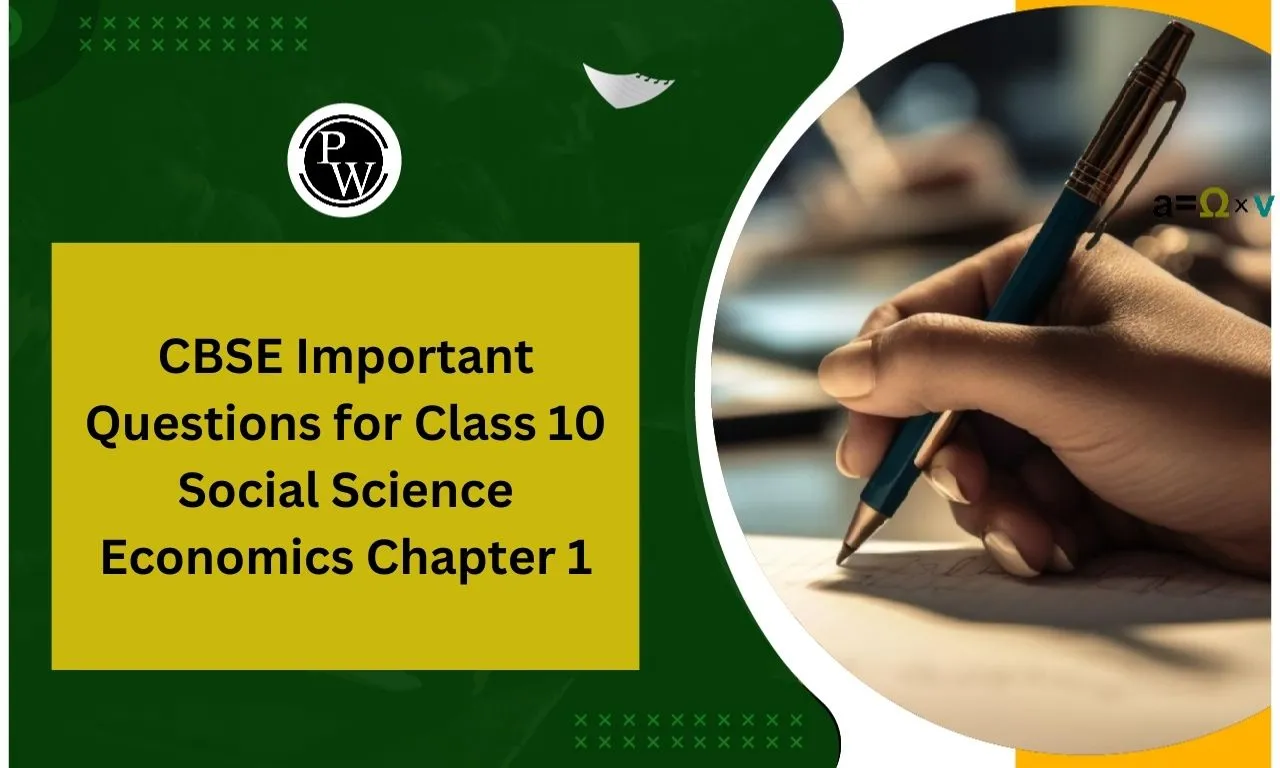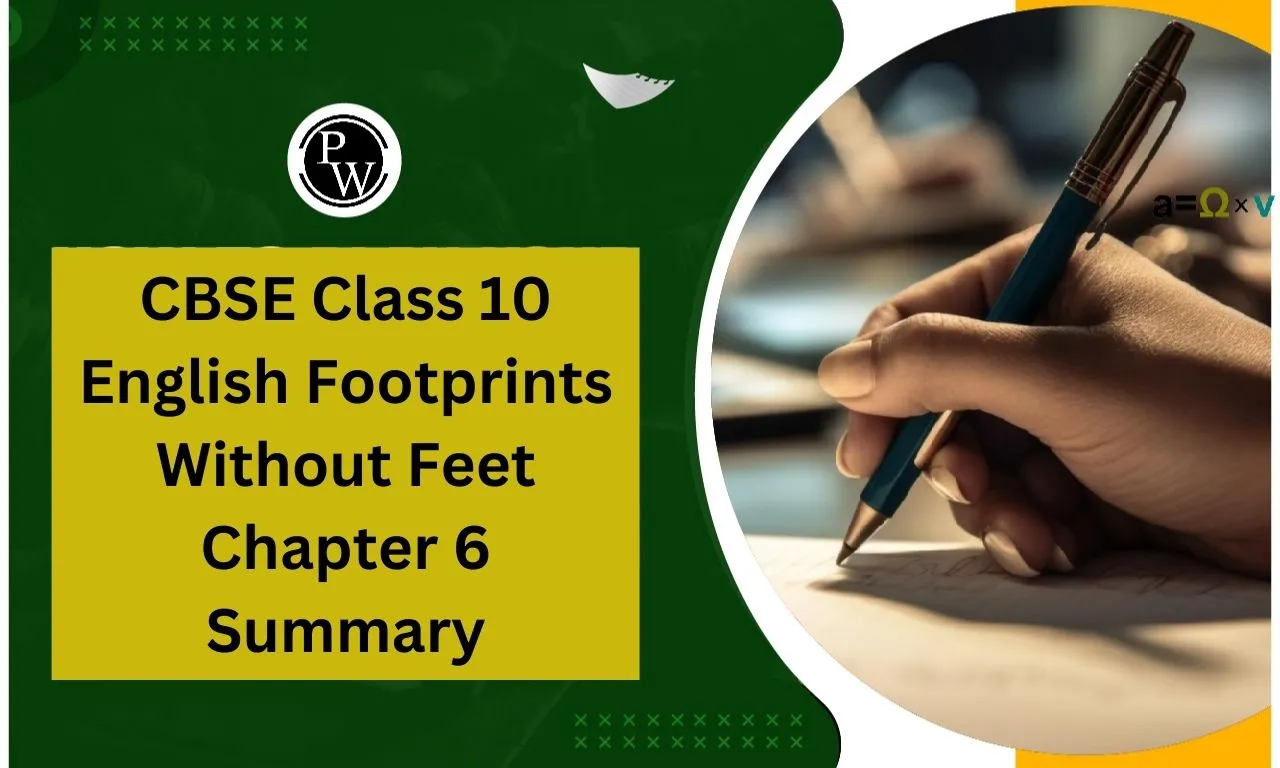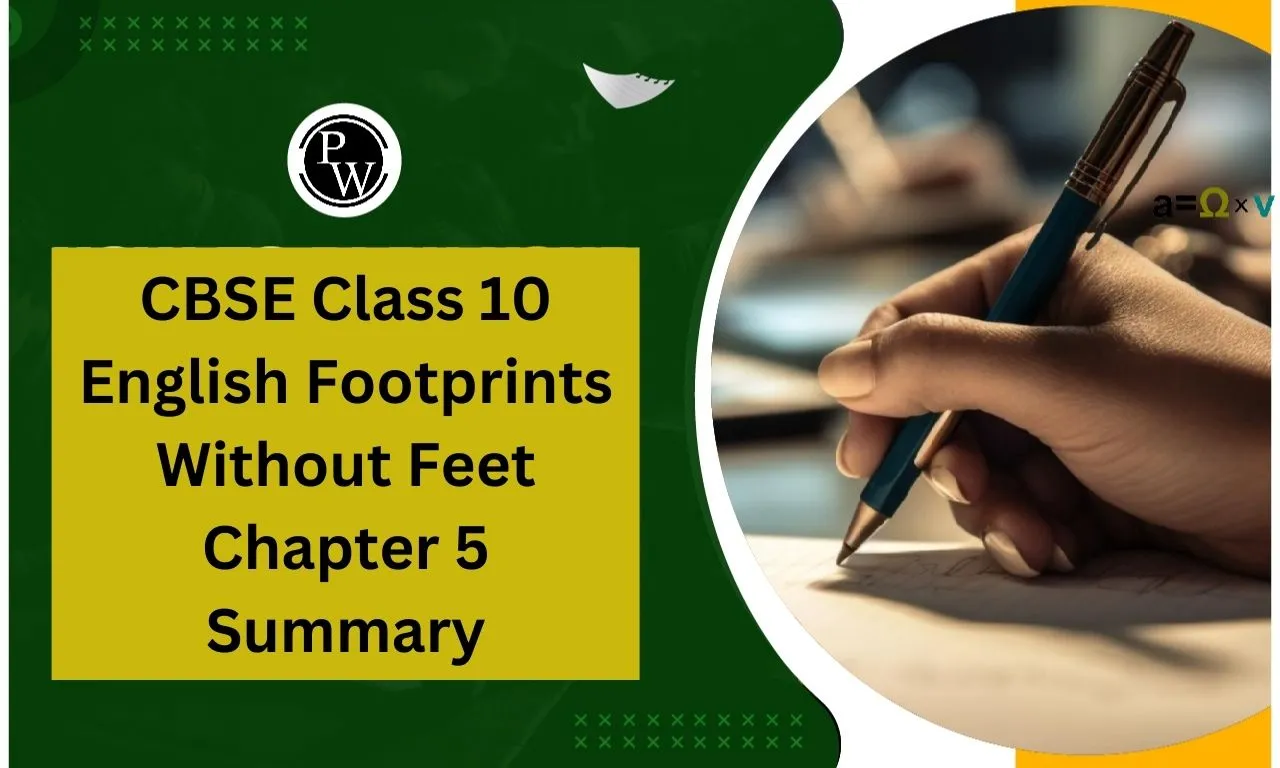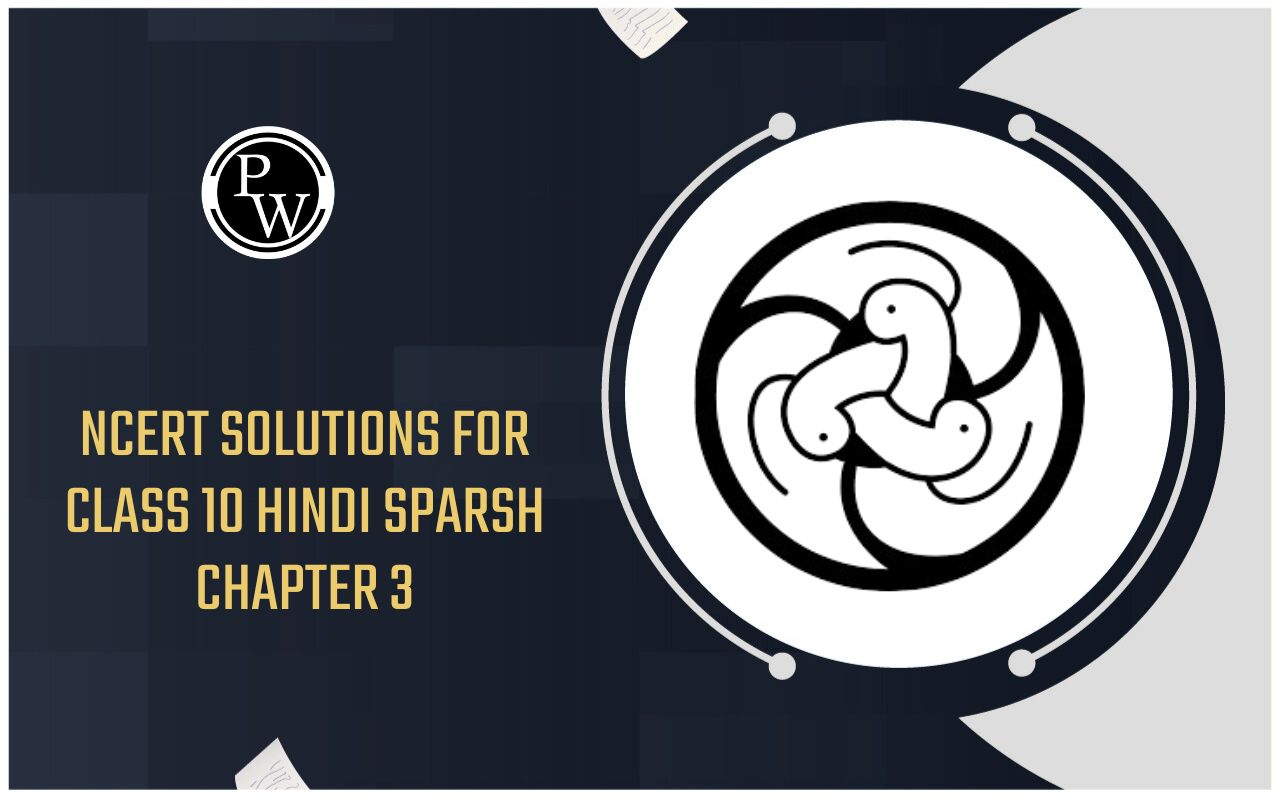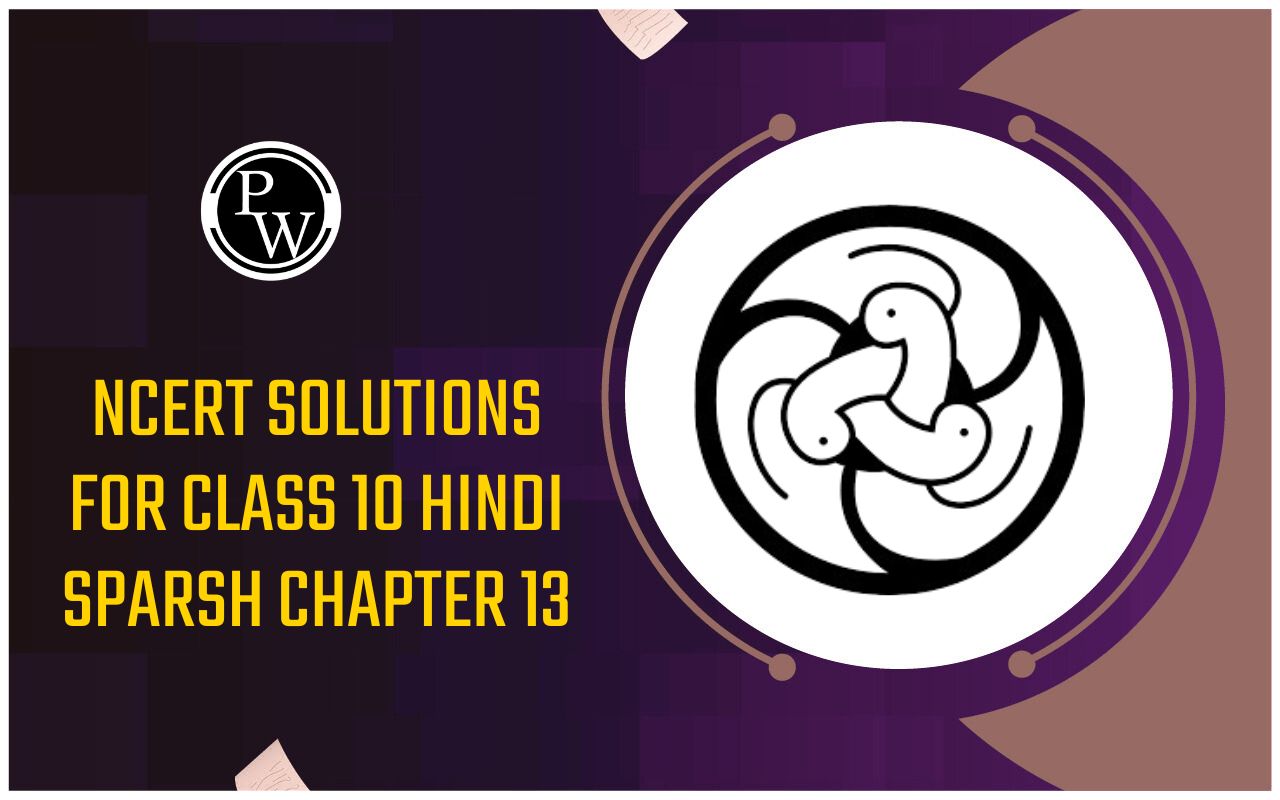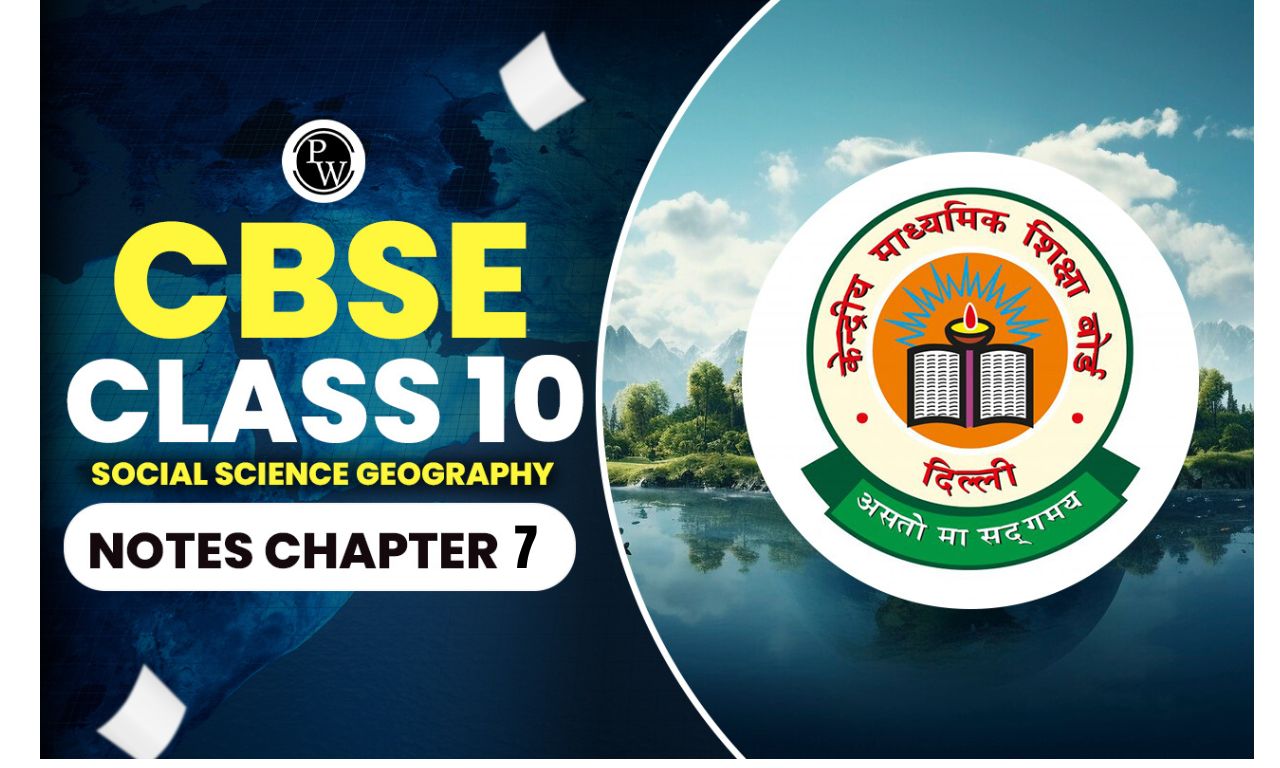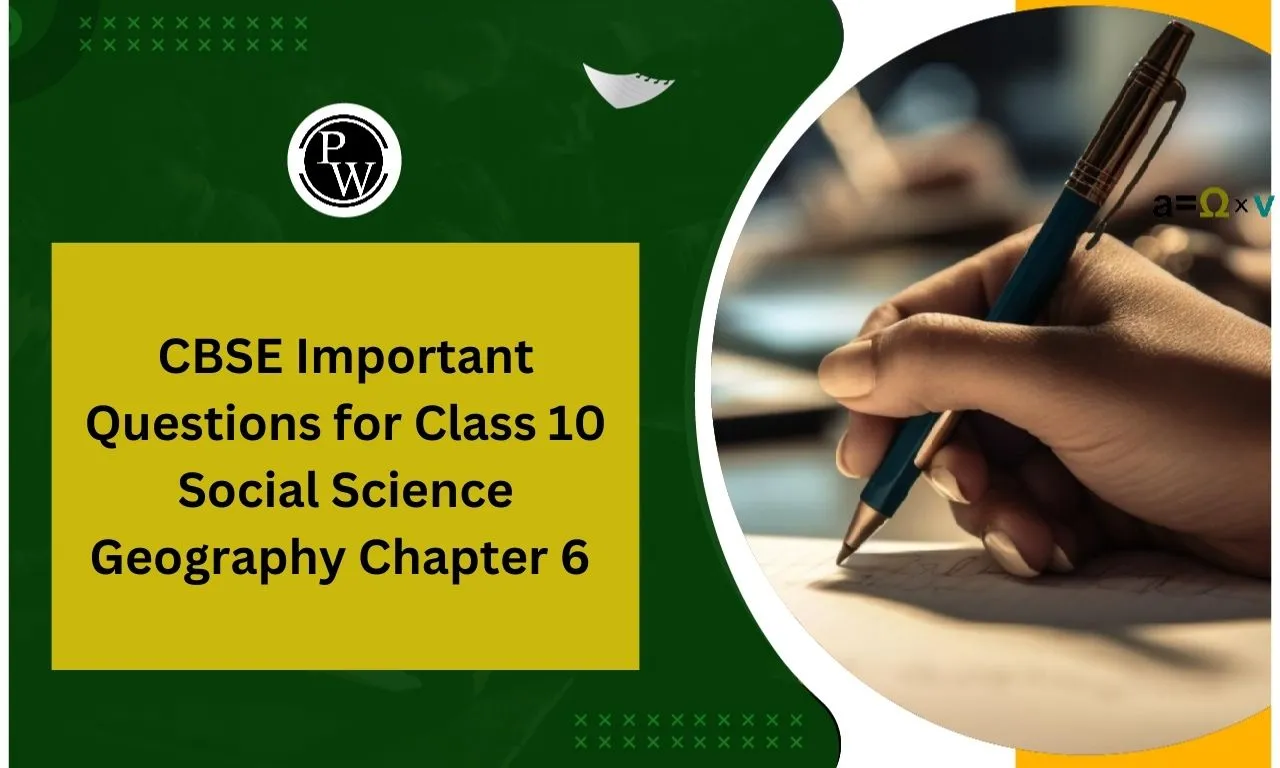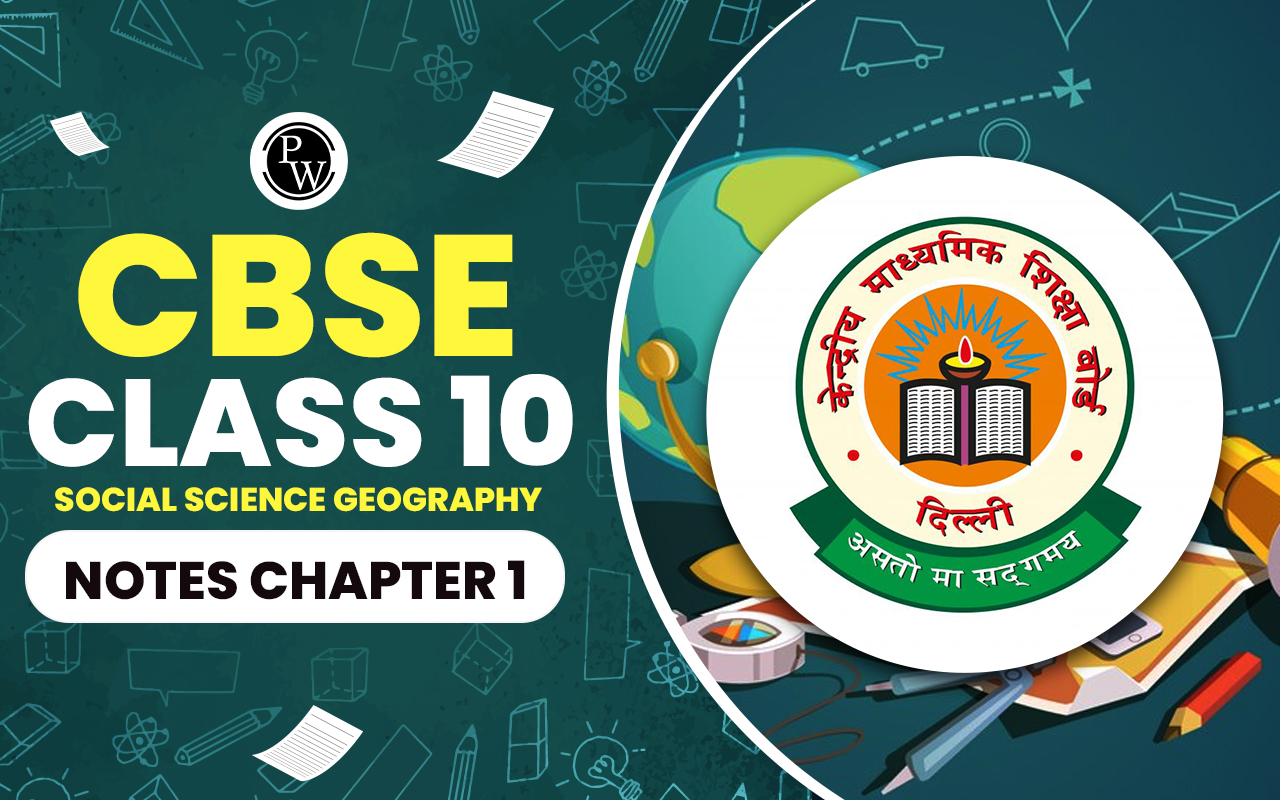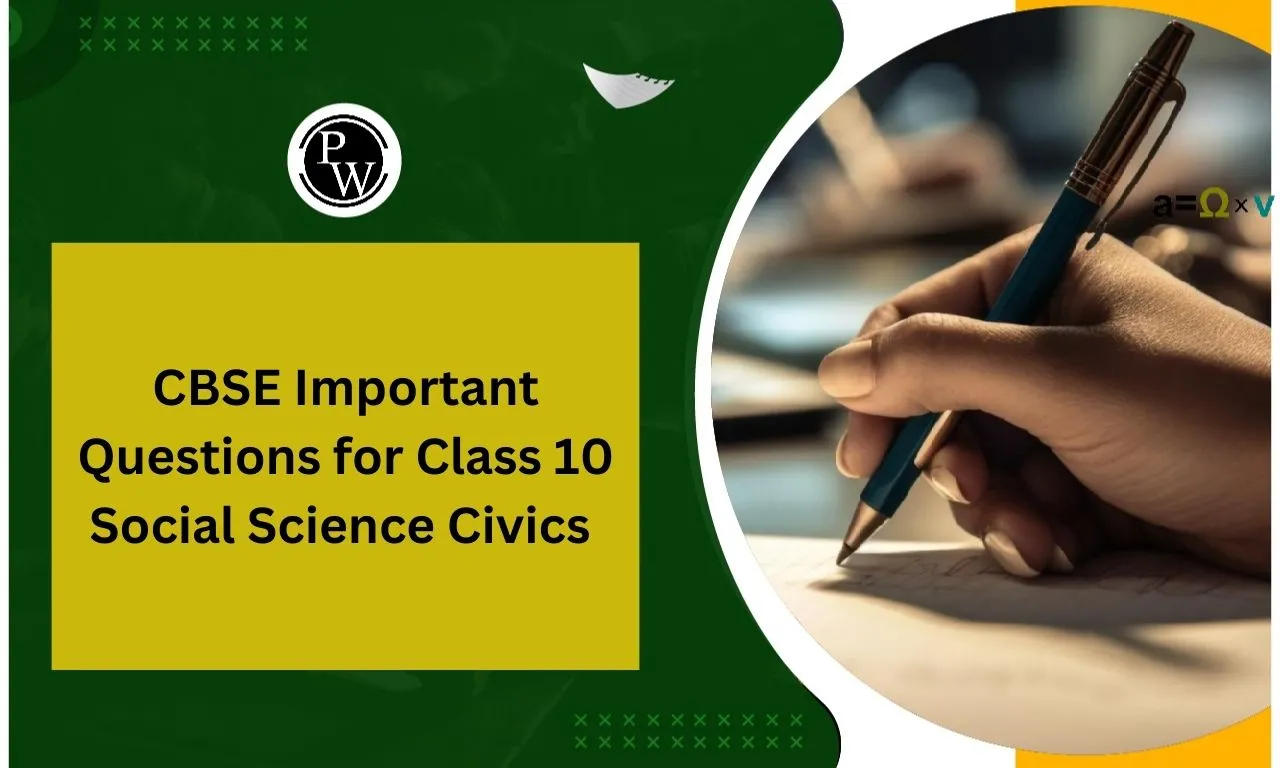
CBSE Class 10 Social Science Civics Notes Chapter 5: In Chapter 5 of CBSE Class 10 Social Science Civics we learn about "Popular Struggles and Movements." This chapter is all about how people come together to bring about change in society. By looking at real-life examples, we understand how these movements can make a difference in society and how media, organizations, and political parties play a role in supporting them. Overall, this chapter teaches us about the power of people working together to create positive changes. In
The CBSE Class 10th Social Science Civics Notes Chapter 5 is compiled here and will provide you with a comprehensive understanding of the chapter and all of the key ideas. Using the link below, you can download the CBSE Class 10 Social Science Civics Notes Chapter 5.CBSE Class 10 Social Science Civics Notes Chapter Wise
Topics Covered in the CBSE Class 10 Social Science Civics Notes Chapter 5 Overview
Here are the important topics covered in the CBSE Class 10 Social Science Chapter 5:Introduction to Popular Struggles and Movements : Explanation of what popular struggles and movements are and why they occur.
Forms of Popular Struggles : Exploration of different forms of collective action, such as protests, demonstrations, and movements.
Significance of Popular Movements : Understanding the importance of popular movements in influencing government policies and advocating for the rights of marginalized communities.
Case Studies and Examples : Analysis of real-life examples of popular movements, including labor movements, environmental movements, and movements for gender and caste equality.
Strategies and Tactics : Examination of the strategies and tactics employed by popular movements to achieve their goals.
Role of Media and Civil Society Organizations : Discussion on the role of media and civil society organizations in supporting and amplifying the voices of popular movements.
Political Parties and Popular Struggles : Understanding the relationship between political parties and popular struggles, including how parties can either support or suppress movements.
CBSE Class 10 Social Science Civics Notes Chapter 5 PDF
You can access the CBSE Class 10 Social Science Civics Notes for Chapter 5 in PDF format through the following link:CBSE Class 10 Social Science Civics Notes Chapter 5 PDF
CBSE Notes Class 10 Social Science Civics Notes Chapter 5 Popular Struggles and Movements
In CBSE Class 10 Social Science Civics Chapter 5, we explore the theme of "Popular Struggles and Movements." This chapter delves into how people come together to bring about change in society through collective actions such as protests and movements.Popular Struggles in Nepal and Bolivia
Popular Struggles in Nepal and Bolivia were about people fighting for what they believed in. In Nepal, people wanted more control over their government, so they protested for days until the king agreed to their demands. This led to Nepal becoming a democratic republic in 2008. In Bolivia, people fought against the government's plan to privatize water. Their successful struggle showed that people can make a difference when they come together for a cause. These stories teach us about the power of people in making change happen.Movement for Democracy in Nepal
In Nepal, there was a movement for democracy in April 2006. People wanted more say in how their country was run, so they protested against the king's control. All the major political parties joined together and called for a strike in Kathmandu. They demanded the restoration of parliament, a new government made up of all political parties, and a new constitution. The king had to listen to the people and agreed to all their demands. Nepal became a democratic republic in 2008, and in 2015, it adopted a new constitution. This movement showed that when people stand together, they can bring about big changes in their country.Democratic Politics Bolivia’s Water War
Bolivia witnessed a successful struggle against the privatization of water, illustrating the importance of popular movements in a democratic setup.Democracy and Popular Struggles
Democracy and popular struggles are closely connected. In a democracy, people have the right to express their opinions and participate in decision-making. Popular struggles happen when people come together to fight for their rights or against injustices. These struggles can take many forms, like protests, strikes, or movements. In a democracy, these struggles play a crucial role in shaping government policies and ensuring that the voices of ordinary citizens are heard. They remind the government that it is accountable to the people and must work for their welfare. Overall, popular struggles are an essential part of democracy, as they help to keep governments responsive and accountable to the needs and aspirations of the people.Mobilisation and Organisations
CBSE Class 10 Social Science Civics Notes Chapter 5 FAQs
What is the significance of popular struggles and movements in a democracy?
What are some examples of popular struggles and movements?
How do pressure groups and movements influence politics?
What is the difference between sectional interest groups and public interest groups?


